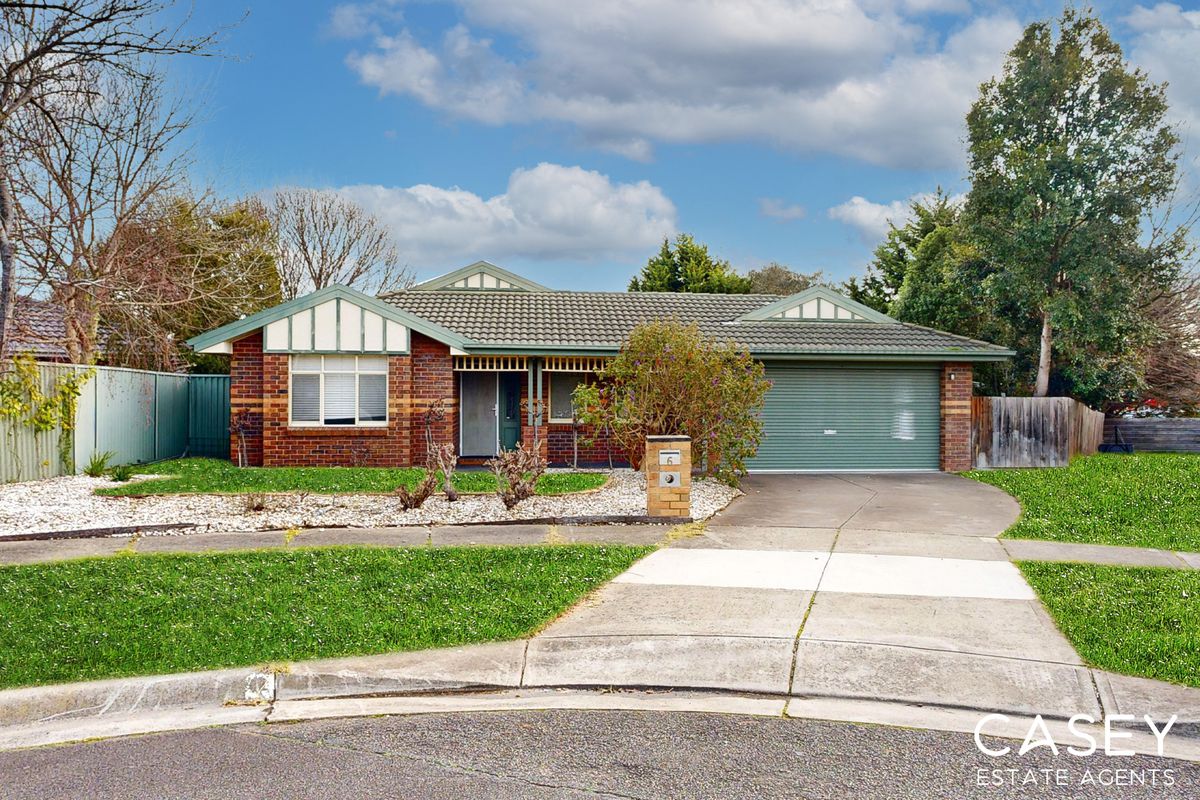Four things to consider when renting a share house
Chances are, if you’re a student or a young professional, your living situation might involve sharing a rental property with your peers.
Share houses allow tenants to split the overall costs of a rental property and are a great way to forge new friendships. But it’s a situation that also incurs responsibility and serves to establish your track record as a good tenant.
With that in mind, here are four things to consider when renting a share house…
Shared responsibility
Sharing a rental property means shared responsibility. Each member of the household needs to be independently approved as a tenant and recorded on the lease.
This is a requirement as it’s a property manager’s job to ensure all tenants are thoroughly vetted and checked in a bid to protect the landlord’s property.
Each tenant should also contribute to the bond, but working out how the rent is divided becomes the private responsibility of those living at the premises.
The most important thing to remember is that the rent needs to be paid in full by the required due date, because shared responsibility also means shared liability if that deadline is not met.
Shared property care
As tenants of a property it is your joint responsibility to ensure it is looked after, kept clean and tidy, and any maintenance issues are reported in a timely manner.
Any damage to the property is also a joint responsibility of every person on the lease regardless of which tenant actually perpetrated it.
That’s why it’s really important to choose your housemates wisely. Their habits have the potential to impact your rental history, which we’ll explain a little more about shortly…
Your rental track record
Every time you rent a property, it forms part of your rental history, and this is an asset you should seek to protect. Your rental history helps establish whether you are the type of tenant that property managers and landlords want to rent a property to.
For example, if you fail to pay the rent, or damage a property, this information will potentially be registered on a tenancy database, and every time you apply for a property in the future this database will be checked.
The lease
As we mentioned every person who permanently reside at the property needs to be on the lease, and should they leave, the property manager needs to be notified.
At this point the remaining tenants can apply to have a new person approved and added, or they can become the only names on the remaining lease term.
If everybody chooses to leave at that point but there is still a period of time remaining on the lease, a notice to vacate will be required and all tenants might be liable for the costs incurred of a break-lease situation.
The bottom line
The most important takeaway here is that share houses can be a great way to share the costs of a rental property. However, it’s important to ensure the people you are sharing the property with are reliable and responsible.
Entering into a lease comes with responsibilities that should be equally shared.
Our experienced property managers pride themselves on establishing great relationships with both tenants and landlords. We manage every property as if it were our own and you can learn more about our property management services here.
Ready to find the ‘perfect’ tenant for your investment? Use the form below and one of friendly property managers will navigate you through the process.






